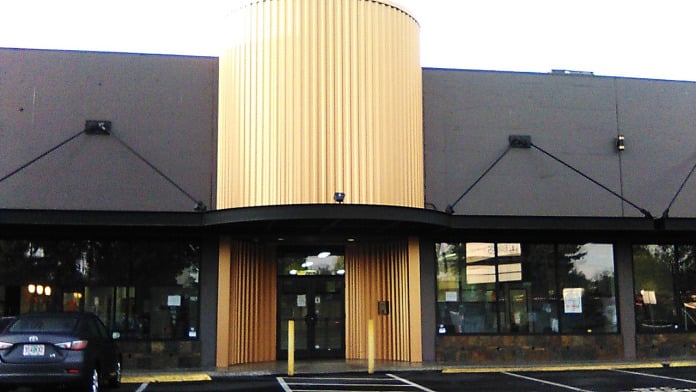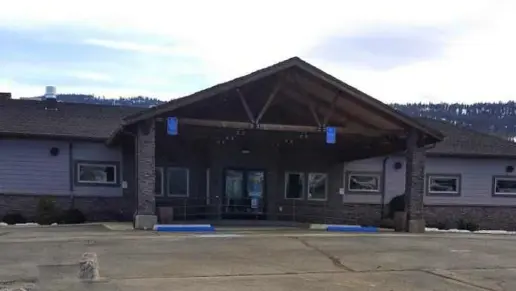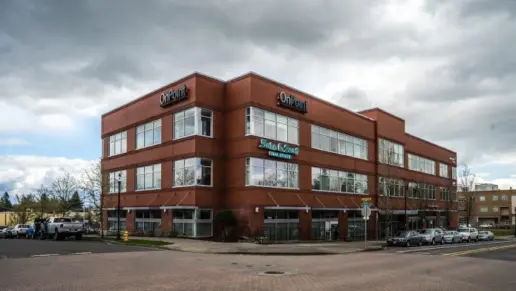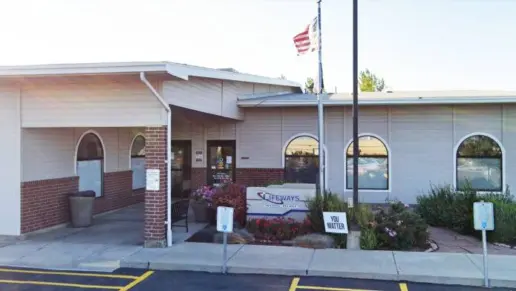About Bridges to Change
Bridges to Change is a community oriented and compassionate mental health and substance abuse treatment program based in Portland, Oregon. Their approach is to deliver services that promote a healthy recovery and foster long term success. One of the big things that makes Bridges to Change special is they strive to do more than just provide treatment. They work in their local communities to enhance housing and employment support.
One of their support solutions is their outpatient treatment services. This option allows those in need to attend to their daily activities. The flexibility can be ideal for someone who does not need residential care but may require a level of structured support.
Bridges to Change mixes traditional counseling with peer support, so those in recovery can talk with and listen to others who have lived knowledge of what they are feeling. This peer-to-peer support is an integral component of their program as it fosters a sense of community and keeps participants accountable. Medically supported withdrawal services can be accessed as well, especially for those who need medication assisted treatment (MAT) while in recovery from substance use disorders.
One of the things that makes Bridges to Change unique is the way they incorporate their mental health services into their substance abuse programming. Recognizing the high rate of clients faced with both addiction and mental health disorders, they offer dual diagnosis treatment that addresses these comorbidities at the same time. They offer mental health services for individuals, couples and families. This includes individual therapy sessions with licensed therapists that focus on the development of coping skills and symptoms of any underlying mental health conditions.
Another important support for many is transitional housing, which Bridges to Change also provides. Recovering is hard enough, so they try to help those working to recover have somewhere safe, warm and dry to lay their head at night. Stable housing whilst in recovery serves as peace of mind and a safe place for continued sobriety and overall wellness.
In addition to housing support, Bridges also offers reentry services for people coming out of incarceration. Reentry services provide guidance on things like work, a place to live and community connections which help people transition back into society. They can help to remove the obstacles that accompany returning home and provide guidance that offers individuals an opportunity to maintain healthy behaviors.
Rehab Score
Gallery

Location
Other Forms of Payment
Self-pay involves paying for treatment out of your own pocket. You can use savings or credit, get a personal loan, or receive help from family and friends to fund your treatment. If you don't have insurance or your insurance plan doesn't cover a specific program, self-pay can help ensure you still get the care you need.
Medicaid is a state based program that helps lower-income individuals and families pay for healthcare. Medicaid covers addiction treatment so those enrolled can use their coverage to pay for rehab. When a program accepts Medicaid the client often pays very little or nothing out of their own pocket.
Addiction Treatments
Levels of Care
Treatments
The goal of treatment for alcoholism is abstinence. Those with poor social support, poor motivation, or psychiatric disorders tend to relapse within a few years of treatment. For these people, success is measured by longer periods of abstinence, reduced use of alcohol, better health, and improved social functioning. Recovery and Maintenance are usually based on 12 step programs and AA meetings.
Drug rehab in Oregon offers a full continuum of care for those struggling with addiction. From detox, to inpatient, to outpatient, to aftercare, Oregon residents can find the support they need for recovery. This treatment empowers individuals to replace drug use with positive alternatives and develop a healthier lifestyle.
Many of those suffering from addiction also suffer from mental or emotional illnesses like schizophrenia, bipolar disorder, depression, or anxiety disorders. Rehab and other substance abuse facilities treating those with a dual diagnosis or co-occurring disorder administer psychiatric treatment to address the person's mental health issue in addition to drug and alcohol rehabilitation.
A combined mental health and substance abuse rehab has the staff and resources available to handle individuals with both mental health and substance abuse issues. It can be challenging to determine where a specific symptom stems from (a mental health issue or an issue related to substance abuse), so mental health and substance abuse professionals are helpful in detangling symptoms and keeping treatment on track.
Opioid rehabs specialize in supporting those recovering from opioid addiction. They treat those suffering from addiction to illegal opioids like heroin, as well as prescription drugs like oxycodone. These centers typically combine both physical as well as mental and emotional support to help stop addiction. Physical support often includes medical detox and subsequent medical support (including medication), and mental support includes in-depth therapy to address the underlying causes of addiction.
Programs


Clinical Services
Group therapy is any therapeutic work that happens in a group (not one-on-one). There are a number of different group therapy modalities, including support groups, experiential therapy, psycho-education, and more. Group therapy involves treatment as well as processing interaction between group members.
In individual therapy, a patient meets one-on-one with a trained psychologist or counselor. Therapy is a pivotal part of effective substance abuse treatment, as it often covers root causes of addiction, including challenges faced by the patient in their social, family, and work/school life.
Life skills trainings involve all the skills a person must have in order to function successfully in the world. These include time management, career guidance, money management, and effective communication. Truly successful addiction recovery is based on the ability to not only live substance-free, but to thrive. Life skills teaches the practical necessities of functioning in society, which sets clients up for success in life, and therefore sobriety.
Recreational therapy (aka therapeutic recreation) uses creative and fun activities to help with addiction recovery. Recreational therapists lead patients in entertaining and engaging activities like sports or games; art (drawing, painting, sculpture); drama, music, and dance; and/or community outings (field trips) to improve patients' physical, social, and emotional well-being.
Amenities
-
Yoga Studio
-
Gym
Contact Information
7916 SE Foster Road
Suite 201
Portland, OR 97206


